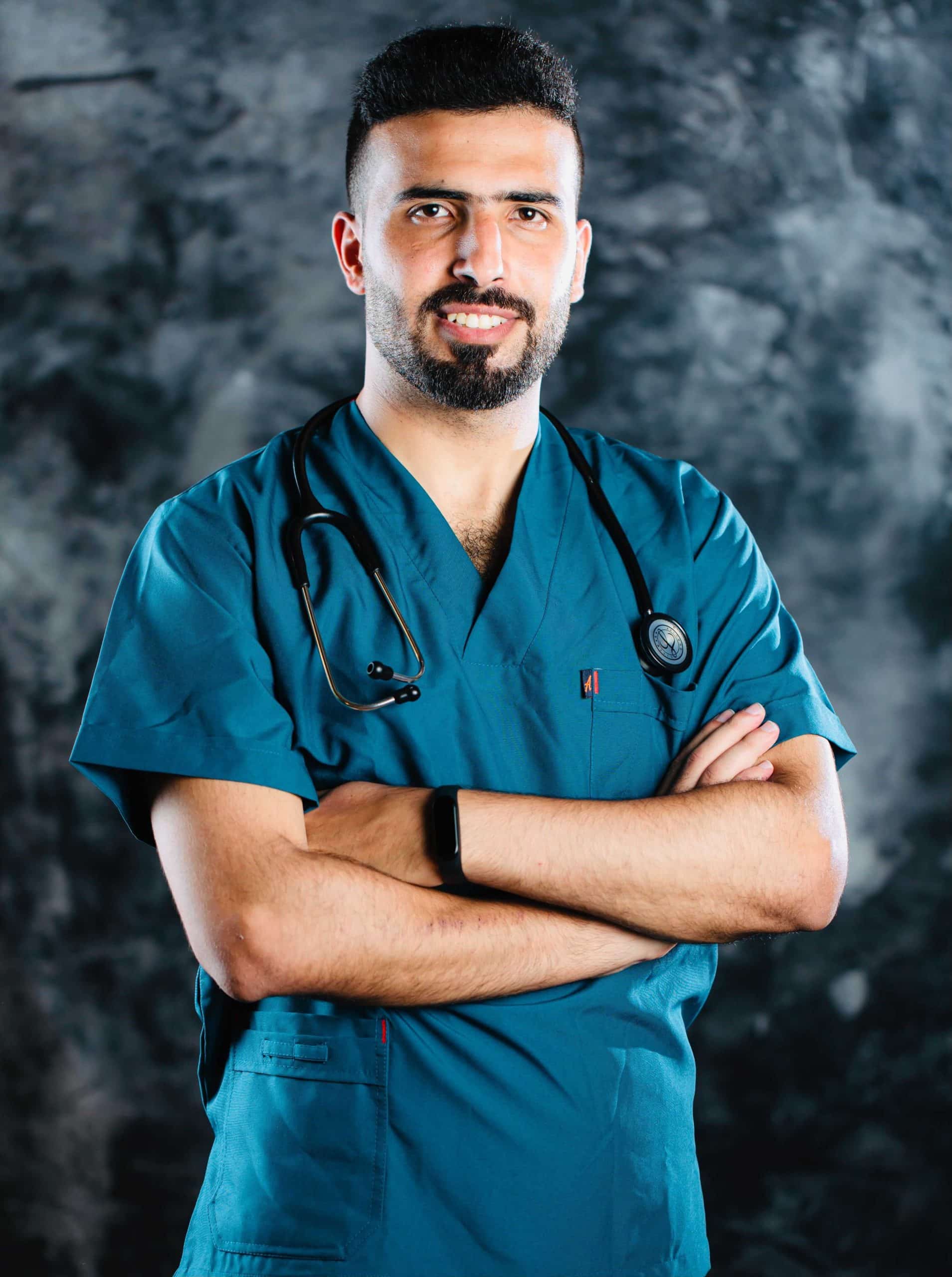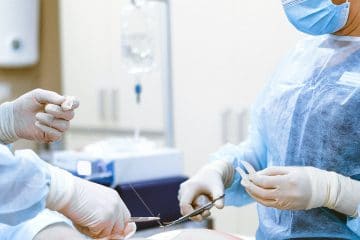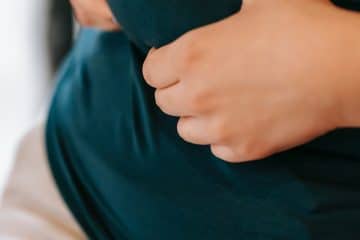Thyroidectomy Post Op Care | Overview
Thyroidectomy is a well-known treatment that involves the removal of the thyroid gland.
It is a popular technique in modern medicine, and it can be used to treat cancer, benign disease, or hormonal imbalance that is resistant to conventional treatment.
Thyroidectomy is a difficult treatment to execute safely and successfully due to the delicate anatomy of the anterior neck, the vital nature of neighboring structures, and tight working spaces.
Thyroidectomy as a technique has evolved through time as anatomic knowledge and surgical procedures have improved, as well as the mortality rate has been significantly reduced.
The Importance of the Thyroid Gland
The thyroid gland, located near the base of your neck, produces a hormone that is circulated throughout your blood. Your metabolism is regulated by the thyroid hormone.
This hormone is made from iodine by the thyroid gland. The foods we eat provide us with iodine.
The pituitary gland (in the brain) regulates the amount of thyroid hormone produced. Thyroid-stimulating hormone (TSH) is produced to accomplish this (TSH).
TSH controls the amount of thyroid hormone produced by the thyroid gland.
What is a Thyroidectomy?
A thyroidectomy is the surgical extraction of all or part of the thyroid gland.
Thyroidectomy is the most common surgical treatment for thyroid cancer and one of the treatments for thyroid dysfunction.
Thyroidectomy Indications

thyroidectomy post op care
Thyroid carcinoma: Thyroidectomy is most commonly performed due to cancer. If you have thyroid cancer, you will most likely need to have most, if not all, of your thyroid removed.
Thyroid hypertrophy (goiter): If you have a large goiter that is bothersome or causes trouble breathing or swallowing, or if the goiter is causing hyperthyroidism, you may want to consider having all or part of your thyroid gland removed.
Thyroid hyperactivity (hyperthyroidism): Hyperthyroidism is a condition in which the hormone thyroxine is produced in excess by the thyroid gland.
Thyroidectomy may be a possibility if you have troubles with anti-thyroid medicines and don’t want to use radioactive iodine therapy.
Thyroid nodules (indeterminate or suspicious): After evaluating a sample from a needle biopsy, some thyroid nodules cannot be classified as malignant or noncancerous.
If the nodules have a high chance of becoming malignant, doctors may recommend that persons with these nodules have their thyroids removed.
Thyroidectomy Procedure
Before surgery
Thyroidectomy is usually done under general anesthesia, so you won’t be conscious during the procedure.
The anesthesiologist or anesthetist administers anesthetic drugs to you as a gas, which you inhale through a mask, or as a liquid, which is injected into a vein.
A breathing tube will be inserted into your trachea to help you breathe during the surgery.
Several monitors are placed on your body by the surgical team to ensure that your heart rate, blood pressure, and blood oxygen levels stay safe throughout the operation.
A blood pressure cuff is placed on your arm, and heart-monitor electrodes are connected to your chest.
During surgery
The surgeon makes a cut (incision) low in the center of your neck while you’re unconscious. It’s commonly hidden in a skin crease where it won’t be seen once the incision heals.
Depending on the reason for the surgery, the whole or part of the thyroid gland is then removed. The surgeon may inspect and remove lymph nodes around your thyroid if you’re having a thyroidectomy for thyroid cancer.
Thyroidectomy takes one to two hours on average. This depends on the degree of the surgery, it could take longer or shorter.
Thyroidectomy Postoperative Care

thyroidectomy post op care
Diet and swallowing. You may experience some difficulty swallowing for a few weeks after surgery, but this normally goes away with time.
Start with soft meals and work your way up to a typical diet.
Pain medication. During the first week after surgery, you may expect moderate pain and discomfort. As a pain reliever, you will be given Tylenol with codeine.
Thyroid medicine. If you’ve had a total thyroidectomy (your entire thyroid has been removed), you’ll need to take thyroid replacement medication.
We’ll evaluate your TSH level (blood test) at six-week intervals to see if this is the correct level.
Calcium medication. After complete thyroidectomy, calcium levels frequently decline.
Calcium carbonate tablets (tums) or calcium carbonate with vitamin D (OsCal) are indicated for calcium replacement at a dose of 6 pills per day.
This drug does not require a prescription. Rocaltrol, a potent vitamin D product, may be prescribed for you.
Radioactive iodine. If you have been diagnosed with thyroid cancer, you may be referred to a Radiation Oncologist who will deliver I131, radioactive iodine that kills any microscopic thyroid cancer cells in the body.
Radioactive iodine is not administered to everyone, and it is decided on a case-by-case basis.
Suture removal and wound care. Eight days following surgery, your suture will be removed. Make an appointment for the following week after surgery at my office.
There may be some redness in the wound and swelling in the top portion of the neck for several weeks. This is very natural and will usually go away.
If you prefer to keep your dressing covered, you can replace it. Otherwise, leaving the steri-strip covering open to the air is perfectly acceptable.
Activity: After 4-5 days. you should be able to resume your daily activities. 2 days following surgery, normal bathing can be resumed.
You can resume your normal routine as soon as you feel comfortable. The most important factor is to listen to your body and not push yourself too far.
See Also
References
https://my.clevelandclinic.org/health/
https://www.ncbi.nlm.nih.gov/books/NBK563279/
https://www.entspecialtycare.com/provider-physician/

Dr.Sharif Samir Alijla, is a general medical doctor and a well-rounded professional that cares and treats patients from Palestine. I participated in many medical studies and conferences, I've launched a range of community initiatives and taken part in a variety of leadership and change training programs. I worked as an author for many medical websites such as TebFact . I specialized in writing medical articles from authoritative and updated sources in a simple and smooth the way for the reader.



